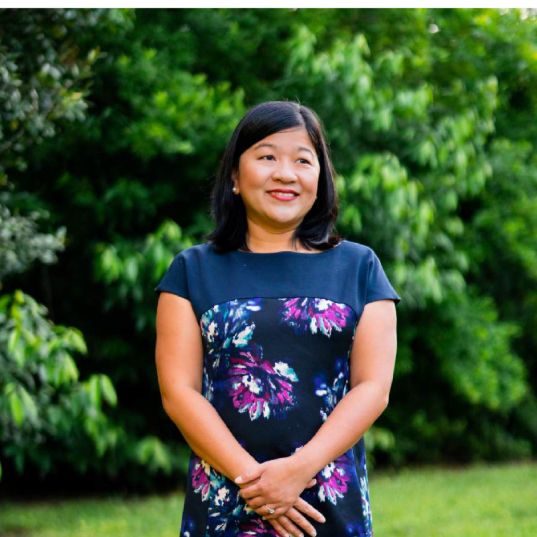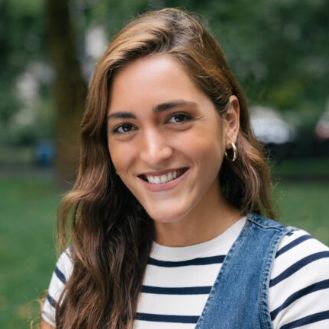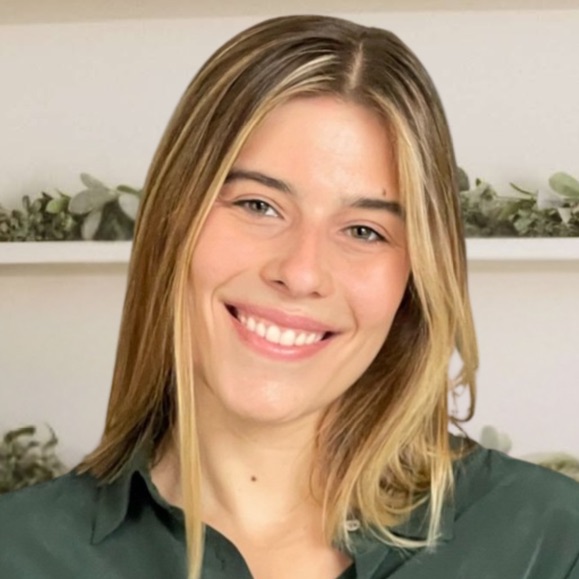Everyday Impact of Alcohol Abuse
Alcohol can quietly creep into your day-to-day life in New York City—showing up as rough mornings on the subway, missed deadlines, or calling out of work after a night that went too far. It might strain relationships, from tense conversations with a partner or roommate to canceling plans with friends because you don’t feel up to it. The costs can add up fast here too, whether it’s bar tabs, delivery drinks, or rides home you didn’t plan for. If alcohol is starting to take more than it gives, you’re not alone—and support is available.
How to Recognize Alcohol Abuse
- Drinking more or longer than planned, or needing more drinks to feel the same buzz (like happy hour turning into a late night in Midtown).
- Wanting to cut back but finding it hard, with strong cravings—especially after a stressful commute or long shift.
- Alcohol Abuse affects daily life: missing morning meetings, calling out sick after hangovers, or falling behind in classes or caregiving.
- Relationships feeling strained—arguments with a partner or roommates about drinking, or hiding bottles and receipts.
- Taking risks while drinking, like driving, biking, or riding the subway impaired, or blacking out after nights out.
- Physical and emotional signs such as poor sleep, shakiness, anxiety, stomach issues, or needing a drink to “steady” yourself.
Contributing Causes and Risk Factors
Alcohol Abuse
is shaped by many factors, including genetics and brain chemistry that can increase sensitivity to cravings and reward. Psychological influences like stress,
trauma
, and co‑occurring conditions such as anxiety or depression can make alcohol feel like a coping tool. Environmental pressures in New York City—high cost of living, fast pace, nightlife and social norms, and work or housing stress—can also raise risk. Alcohol Abuse is multifactorial and complex, and it is not a personal weakness or failure.
Treatment and Recovery Options
Evidence-based treatments for Alcohol Abuse disorder can help you regain control and sustain recovery. Medications like naltrexone and acamprosate reduce cravings and relapse risk, while disulfiram supports abstinence; they work best when combined with counseling. Therapies such as Cognitive Behavioral Therapy, Motivational Interviewing, Contingency Management, and family-based approaches build coping skills, strengthen motivation, and repair relationships. Depending on your needs, options include medically managed detox, intensive outpatient programs, and residential care—effective, proven help is available and tailored to your goals.
In New York City, you can access OASAS-certified treatment programs, NYC Health + Hospitals services, and telehealth counseling across all five boroughs. Mutual-aid groups like AA, SMART Recovery, Recovery Dharma, and Women for Sobriety offer daily meetings and sponsorship to keep you connected. Peer recovery centers, coaching, and recovery-ready community spaces provide ongoing support, while 988, NYC Well, and 311 can guide you to immediate resources. Build your plan with goal setting, trigger management, relapse-prevention strategies, and medication follow-up—help is nearby, and you can take the next step today.
Why Professional Guidance Matters
Working with a licensed clinician ensures evidence-based care for Alcohol Abuse concerns and safeguards you with training, oversight, and ethical standards—critical for consistent quality. Many providers offer telehealth in New York City, giving you flexible, private access to support. Licensed clinicians are more likely to be covered by insurance, reducing out-of-pocket costs. MiResource helps people in New York City filter for licensed, in-network providers so you can quickly find care that fits your needs.
Where to Begin Your Therapist Search in New York City
Start by entering “Alcohol Abuse” in MiResource’s directory to see therapists in New York City who focus on Alcohol Abuse-related concerns. Narrow your options by filtering for specialty, therapy approach (like CBT or harm-reduction), insurance accepted, language, and current availability. You can also filter by neighborhood in New York City to find someone convenient to your home, work, or school. As you review profiles, prioritize personal fit—feeling understood and comfortable is the most important factor in effective therapy. Take the next step and explore the MiResource directory now to find the right Alcohol Abuse therapist in New York City.
Local Support and Community Connections
New York City’s diverse neighborhoods and 24/7 pace can shape alcohol use—nightlife and service-industry culture in the East Village, Hell’s Kitchen, Williamsburg, and the Lower East Side often normalize heavy drinking, while stressors like high cost of living, shift work, and immigration-related pressures in communities across Jackson Heights, Sunset Park, and the South Bronx can complicate recovery. Language access matters—many programs offer Spanish, Mandarin/Cantonese, and other interpretations. Getting to care is easier with the subway running all night, but weekend service changes, traffic on the FDR, BQE, and LIE, bridge/tunnel tolls, and long crosstown trips can be barriers; consider clinics near major hubs (e.g., 125 St in Harlem, Atlantic Ave–Barclays, Jamaica Center). OMNY tap-to-pay, Reduced-Fare MetroCard, and Access-A-Ride can help; the Staten Island Ferry is free and frequent.
Support options include
NYC Health + Hospitals
substance use services at
Bellevue
(Manhattan),
Kings County
(Brooklyn),
Elmhurst
(Queens),
Lincoln
(Bronx), and
NYC Health + Hospitals/Harlem
; major hospital systems with Alcohol Abuse treatment include
Mount Sinai Addiction Institute
(Beth Israel),
NYU Langone Addiction Treatment
, and
NewYork-Presbyterian/Columbia
. Community programs:
Samaritan Daytop Village
,
Odyssey House
,
Housing Works
,
The Bridge
, and
NYC AA Intergroup
(daily meetings citywide) and
SMART Recovery NYC
(in-person/online). Harm reduction and wraparound help are available through
VOCAL-NY
and
The Alliance for Positive Change
. Use the
NYS OASAS
treatment finder to locate certified outpatient, detox, and residential programs near your neighborhood. For urgent help, call or text 988 for mental health and substance use crises, dial 911 for immediate emergencies, or go to the nearest emergency department (e.g.,
Staten Island University Hospital
,
Richmond University Medical Center)
.
If You Need Help Right Away
Seek emergency care for Alcohol Abuse-related emergencies such as confusion or inability to wake, repeated vomiting, seizures, slow or irregular breathing, blue or clammy skin, severe head injury while intoxicated, or
suicidal
thoughts—call 911 or go to the nearest ER. For immediate support, call or text 988 (Suicide & Crisis Lifeline) or contact NYC Well at 1-888-NYC-WELL (1-888-692-9355), text WELL to 65173, or chat online. Nearby emergency departments include NYC Health + Hospitals/Bellevue (212-562-4141), NewYork-Presbyterian/Weill Cornell (212-746-5454), The Mount Sinai Hospital (212-241-6500), and NYU Langone—Tisch Hospital (212-263-7300). For non-life-threatening needs, consider CityMD Urgent Care (844-8CITYMD / 844-824-8963) or NYC Health + Hospitals/Gotham Health urgent care (844-NYC-4NYC / 844-692-4692); you can also request a NYC Mobile Crisis Team via 988/NYC Well, and in some neighborhoods B-HEARD teams can be dispatched through 911.
Questions You May Have
1. What does living with Alcohol Abuse feel like?
In a city like New York where bars, bodegas, and celebrations are everywhere, you might feel constantly pulled toward drinking, planning your day around it or worrying about when you can have your next one. Mornings can bring fogginess,
anxiety
, or guilt, and it may be hard to keep up with work, classes, or relationships after a late night. You might hide how much you’re drinking or promise yourself you’ll cut back, then feel frustrated when it’s harder than it sounds. Everyone’s experience is different, and needing support doesn’t mean you’re weak—it means you’re human in a place full of triggers and pressure.
2. How do professionals diagnose Alcohol Abuse?
In New York City, Alcohol Abuse is typically assessed by licensed professionals such as primary care doctors, psychiatrists, psychologists, nurse practitioners, or licensed clinical social workers. They’ll talk with you about your drinking patterns and how alcohol affects your life, often using brief, evidence-based screeners (like the AUDIT) and DSM-5 criteria; they may also suggest a simple medical checkup or labs if needed. The process is collaborative and confidential—there to understand your experience, not to judge—and you can share as much or as little as you’re comfortable with. Together, you’ll decide on next steps and supportive options that fit your goals.
3. What treatment options usually help with Alcohol Abuse?
Evidence-based care for Alcohol Abuse includes therapies like motivational interviewing and cognitive behavioral therapy, medications such as naltrexone, acamprosate, or disulfiram, and support options like SMART Recovery or AA; some people benefit from intensive outpatient or residential programs. In New York City, you can find personalized plans that match your goals—whether harm reduction or abstinence—often combining therapy, medication, and peer support. Treatment is tailored to your history, preferences, and schedule, and can include family involvement or relapse-prevention planning. Many people improve with the right fit, so exploring your options is a strong first step.
4. How do I explain my Alcohol Abuse to others?
It’s your choice how much you share—try a simple script like, “I’m changing my relationship with alcohol for my health, and I’d appreciate your support,” and keep details private if that feels safer. With friends or family in NYC’s social scene, set clear boundaries: “Please don’t offer me drinks or press for details; let’s plan activities that don’t revolve around alcohol.” At work, keep it brief and professional: “I’m making some health changes, so I won’t be drinking at events—thanks for understanding.” If someone pushes, repeat your boundary or change the subject; your well-being comes first.
5. What first step should I take if I think I have Alcohol Abuse?
Start by taking a quiet moment to reflect on how alcohol is affecting your daily life and write down any patterns or concerns. Reach out to a professional—your primary care provider or a licensed therapist—for a confidential conversation about next steps. Use the MiResource directory to find Alcohol Abuse therapists in New York City and schedule an initial appointment. If you’re not ready for that, talk to a trusted friend or family member to share what you’re experiencing and ask for support.













